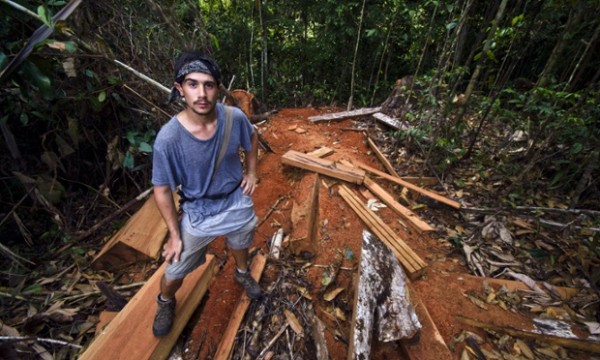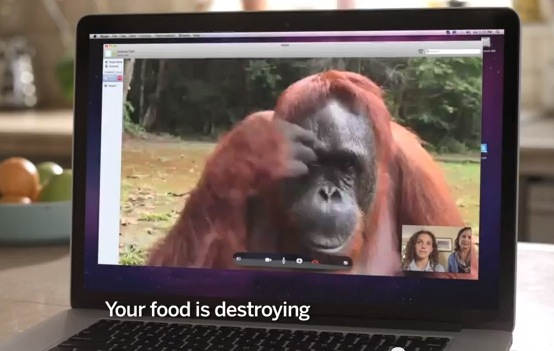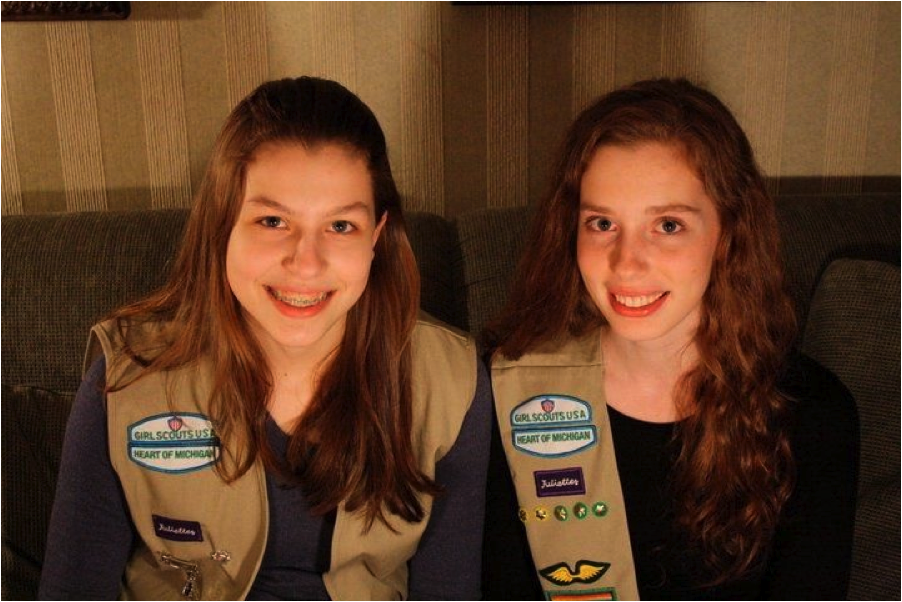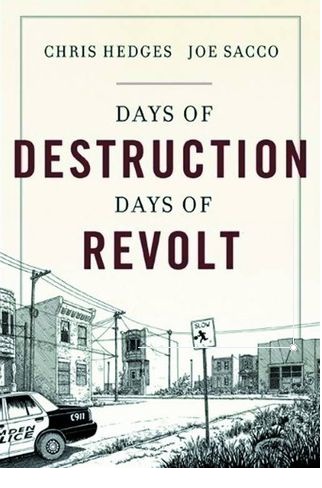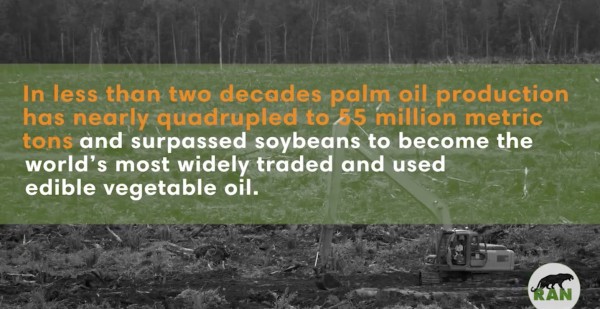 I know it seems crazy, but the way some our favorite foods are grown and manufactured is doing fantastic harm to our world. Conflict palm oil is one product that harms the environment and is widely used in mass produced baked goods including crackers and GirlScout cookies … so the Rainforest Action Network (RAN) is putting together a coalition of leaders who will learn to lead a movement to protect rainforests, the ecosystems they are home to, the air they clean and orangutans. Maybe you’d like to sign on.
I know it seems crazy, but the way some our favorite foods are grown and manufactured is doing fantastic harm to our world. Conflict palm oil is one product that harms the environment and is widely used in mass produced baked goods including crackers and GirlScout cookies … so the Rainforest Action Network (RAN) is putting together a coalition of leaders who will learn to lead a movement to protect rainforests, the ecosystems they are home to, the air they clean and orangutans. Maybe you’d like to sign on.
CONFLICT PALM OIL: Are your cookies causing orangutan extinction?
We may not be able to see it, but Conflict Palm Oil has become ubiquitous in our everyday lives. It is found in roughly half the packaged products sold in US grocery stores, including favorite snack foods like ice cream, cookies, crackers, chocolate products, cereals, doughnuts and potato chips. In fact, palm oil is likely present in some form in nearly every room of your home.
Demand for palm oil is skyrocketing worldwide. The recent spike in use by the US snack food industry is due in large part to Conflict Palm Oil being used as a replacement for controversial trans fats. The oil is extracted from the fruit of oil palms native to Africa, now grown primarily in Indonesia and Malaysia.
Conflict Palm Oil production is now one of the world’s leading causes of rainforest destruction. Unchecked expansion is pushing new plantations deep into the heart of some of the world’s most culturally and biologically diverse ecosystems. Irreplaceable wildlife species like the Sumatran Rhino, Sumatran Elephant and the Sumatran and Borneo orangutan are being driven to the brink of extinction.
But Conflict Palm Oil is not only a local problem. The clearing of rainforests and carbon-rich peatlands for new plantations is releasing globally significant carbon pollution, making Conflict Palm Oil a major driver of human induced climate change.
If this issue concerns you, maybe you’d like join RAN’s Palm Oil Action Team and learn how to take the lead in stopping rainforest destruction by the snack food industry.
Palm Oil Action Leaders: Building a Movement to Cut Conflict P…
Ever wonder how you can fight deforestation, human rights abuses, child and forced labor, and the extinction of iconic species like the orangutan in YOUR community? RAN's Palm Oil Action Team organizes in their communities and online, around the world, to pressure the biggest corporations on the world to cut Conflict Palm Oil. The Snack Food 20 corporations would hate it – and we would love it – if you joined the Palm Oil Action Team. Check out the video of some of our local leaders, then get involved at http://a.ran.org/a2N
Posted by Rainforest Action Network on Tuesday, 4 August 2015
An animal friend speaking through sign language to tell about his home needing protection from conflict palm oil destruction is Strawberry the Orangutan. There are only about 60,000 wild orangutans left.
